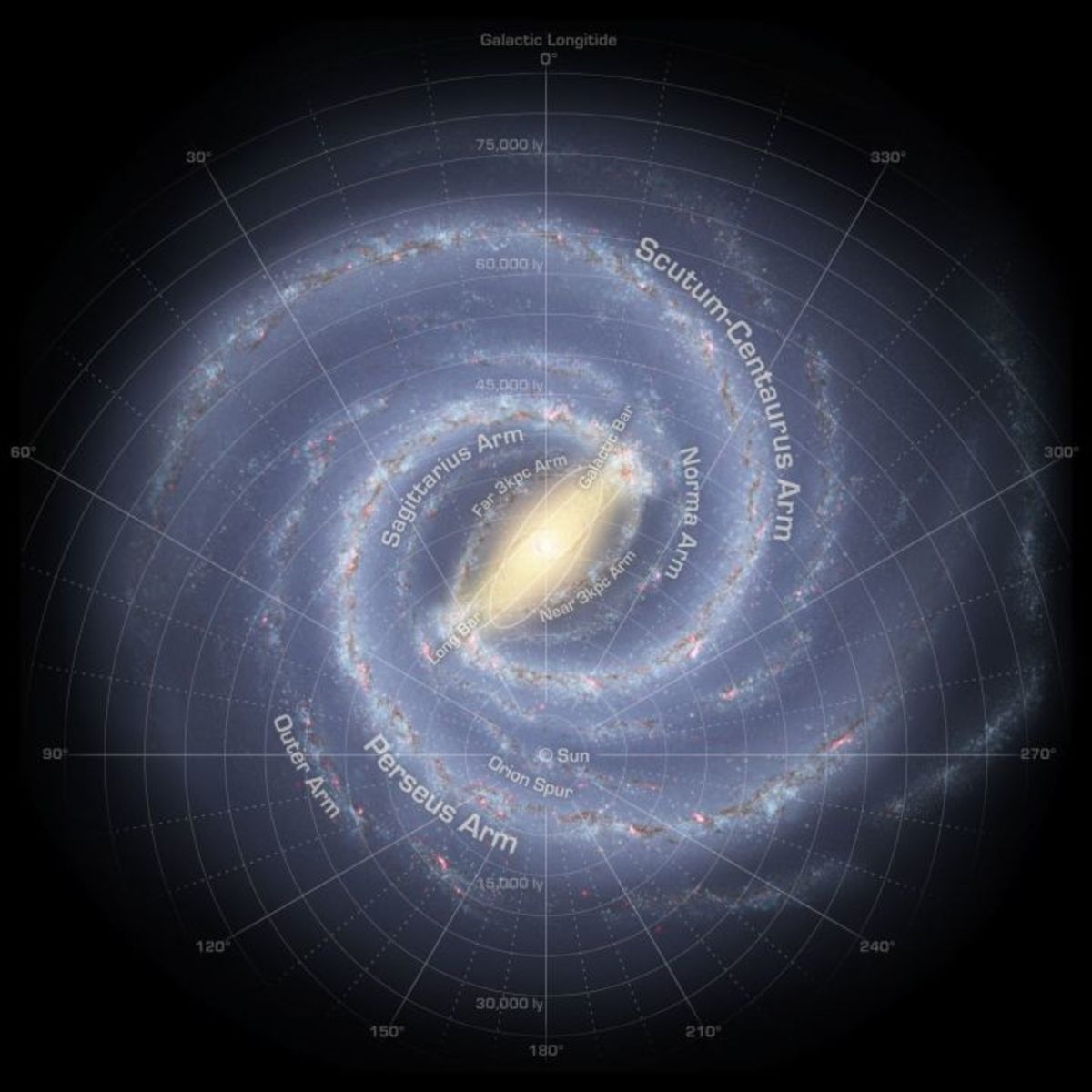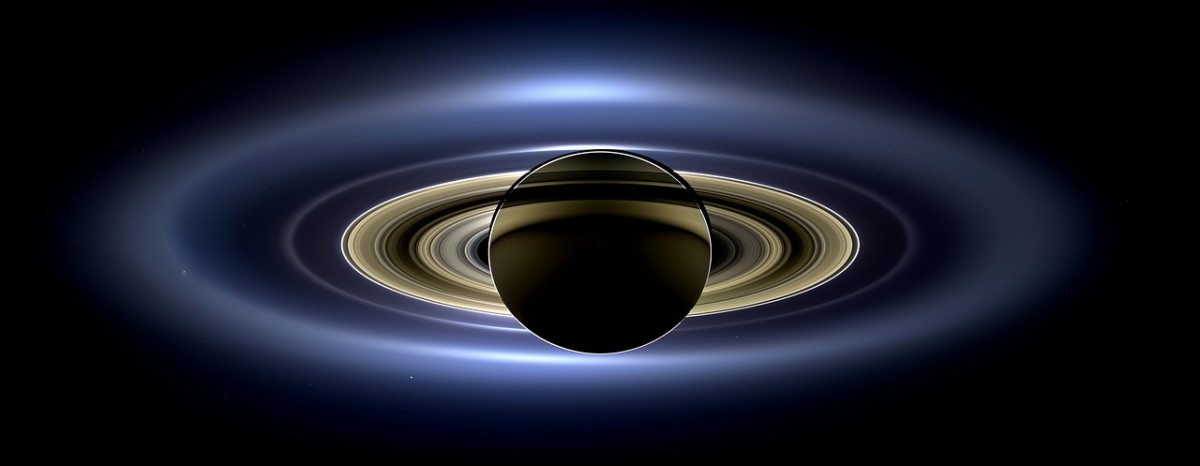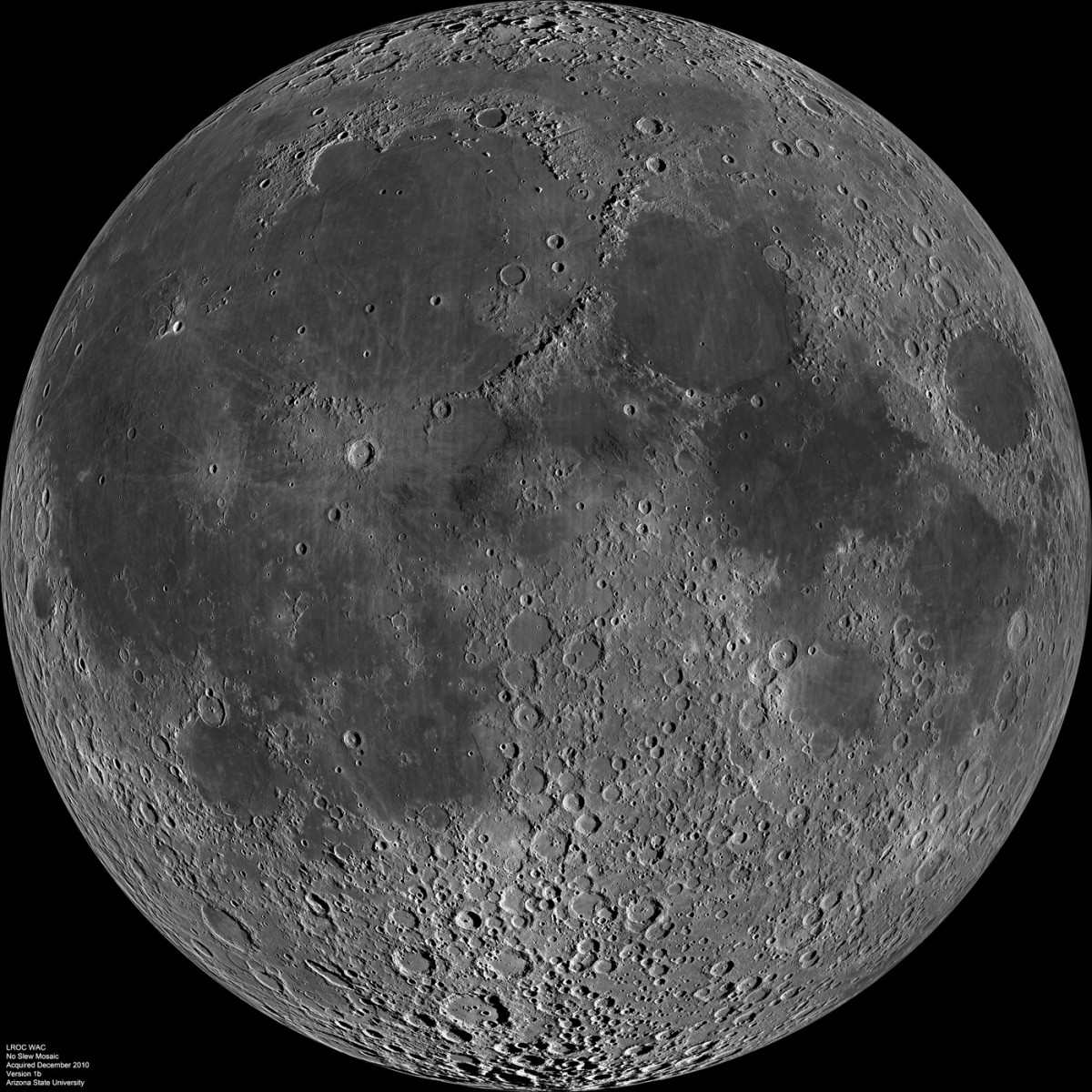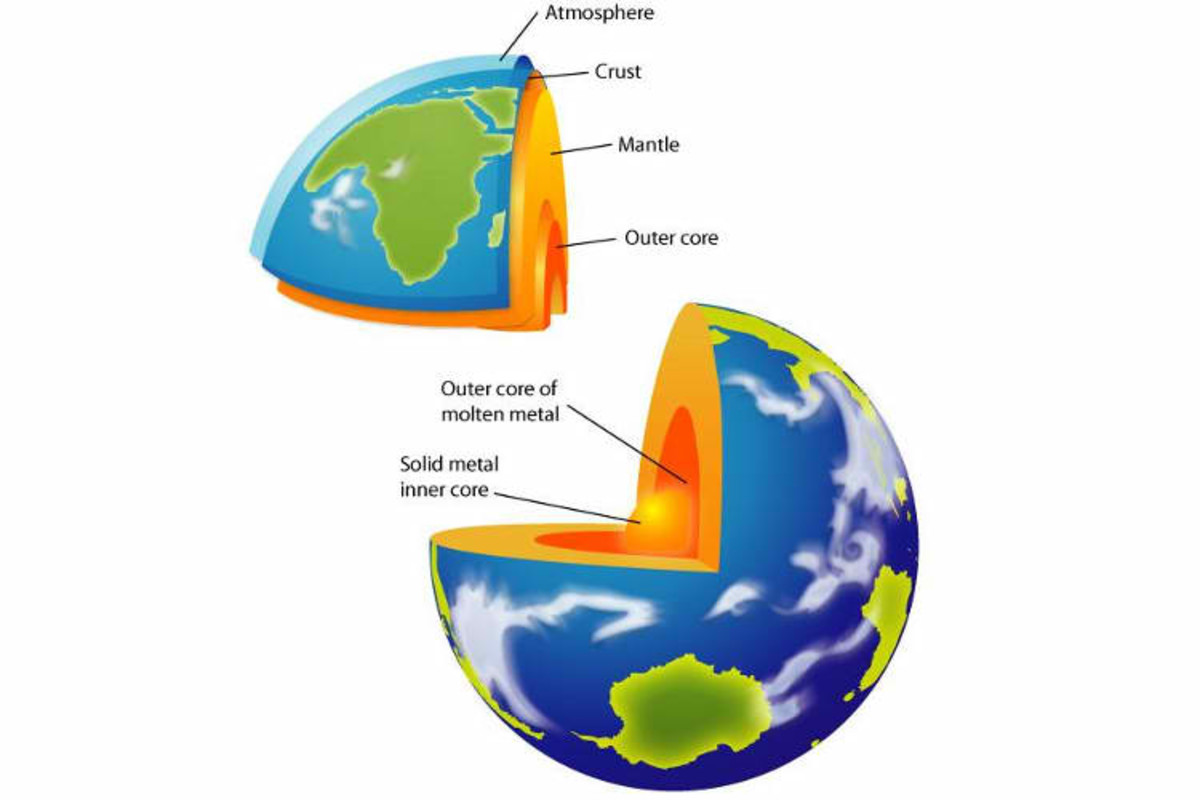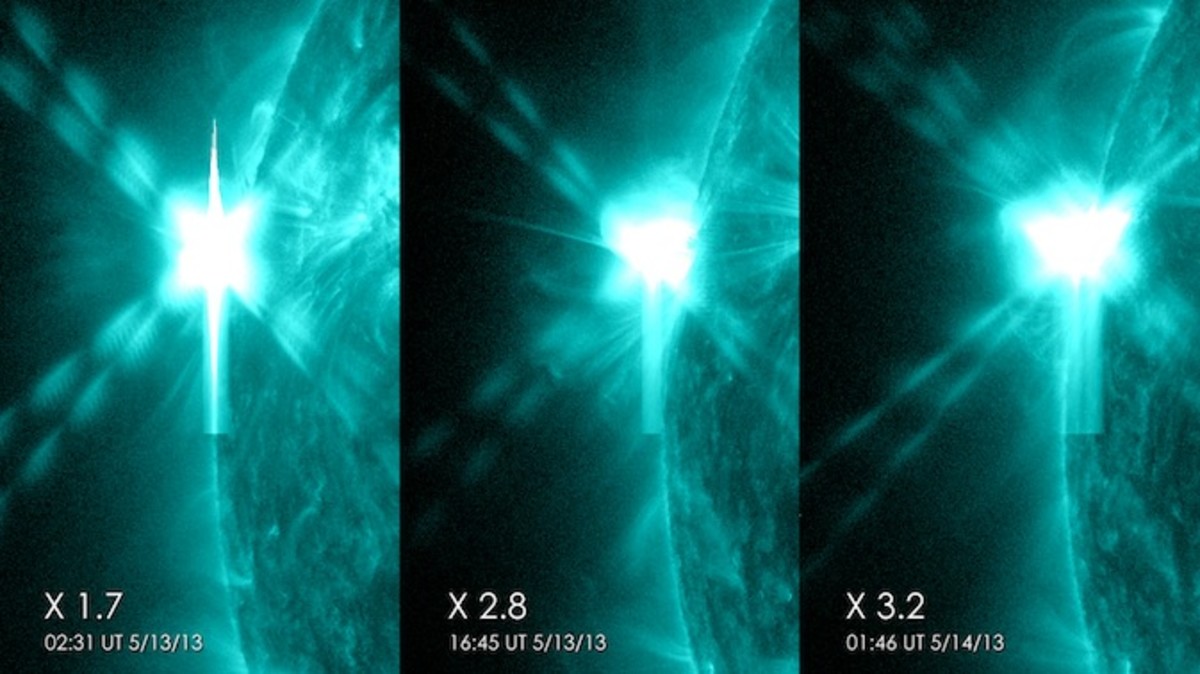Paradise Earth
The Living Earth from Space
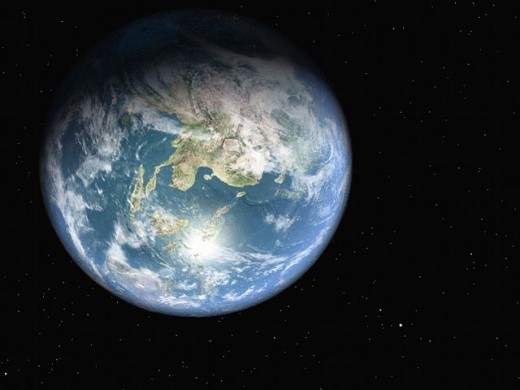
The Earth is a rare living jewel. We know none other like it
The Earth is a paradise planet; a resplendent, white laced, sapphire jewel in the solar system, very well suited for life as we can see in the profuse evidence of its existence. When we cast our gaze outward into the heavens, we find hellish worlds in abundance. Though there is now justified reason to believe that extremophiles can live in many places, so far this has not been definitively proved beyond the earth. Though these planets are exquisitely beautiful in their own right; they are unsuited for life as we know it. Just within our own solar system we can see what is the norm.
-
Mercury, devoid of an atmosphere, is far too close to the Sun and is tidally locked.
-
Venus is so hot; lead easily melts on its surface and the atmospheric pressure reads like the oceans of earth.
-
The Moon is so dry; it makes the Sahara look lush. It has a 28 to 29 day rotation in relation to the sun.
-
Mars, though close to being "ideal" is far too dry and cold for complex life. But it could harbor extremophiles.
-
Jupiter is too cold, poisonous and oppressive in gravity.
-
The Galean moons of Jupiter orbit in an extremely hazardous radiation belt. Only one moon looks somewhat promising, but the final answer is decades off.
-
Saturn with its gossamer rings is little better than Jupiter for life. Its moon Titan may harbor some sort of extremophile in its methane oceans.
-
Uranus, Neptune, Pluto and beyond are well beyond the freezing zone and offer little in the way to support life.
-
Even when we look to known planets around other stars, we find bizarre worlds around pulsars, in orbits like those of comets, or so close to their sun, they glow with the heat. A few “earth like planets” have been found that look promising.
Whether or not life exists on any of the known worlds and moons in our solar system, is an unresolved question at this point, but we do know that we couldn't live there without building special self-contained environments. We do know that human beings, animals and plants we are familiar with on Earth, would be incapable of living on any of these worlds and moons except under very well designed and engineered circumstances. As for worlds around other stars, well, they're so far off as to be unreachable by our current means of technology and any in the foreseeable future.
Recent evidence from the Sub-millimeter Wave Astronomy Satellite (SWAS) suggests that water and oxygen are quite rare in the galaxy. This is information that has been accumulated from about 15 interstellar gas clouds. There are plans to survey more. But for the moment, the researchers from Cornell University have found very little of the main prerequisites our type of life needs in outer space. This may change in the future as more information comes in. What the researchers says specifically is;
"There's not much to drink there, and it's hard to breathe," says Cornell University astronomer Paul Goldsmith, one of the 12 members of the SWAS satellite science team. This satellite, launched in 1998, went on to explore the abundance of water and oxygen in several giant molecular gas clouds. The initial results indicate that there is 10,000 time less water than what was theorized and only one percent of the oxygen. The explored regions show a bone dry and choking environment. In these regions, we would have to be extraordinarily resourceful.
Our world is indeed a paradise world based on our present knowledge and the hard evidence of observation. So then, why do we think and behave as if we lived in hell? It is clear that the Earth goes through cycles of extremes based upon the evidence of the geological and paleontological eras. Extremes on Earth are born of cosmic catastrophes of one type or another. Whether by orbital changes, changes in the sun or impacts from Earth crossing asteroids and comets, the history of the Earth has been one of extremes rather than what we see now as the norm. Evidence exists that the Earth has both been very cold and very hot in the past. Today's climate is the exception rather than the rule. It is now changing as it always does. Our own activities also contribute to it.
Our current cycle is a rather unique opportunity, one that will not remain forever. Threats abound all about, from the quaking of the Earth, the changing sun, violent weather or some unseen flying mountain or rubble pile with our name on it headed straight to us in a catastrophic date in destiny. It will come as it has in the past. The question is; what are we going to do about it? Shall we sit by like dinosaurs and watch the world go to hell? There are some things we can do right now. Others will take much longer to deal with. One of the things we can do right now, is learn to cooperate with one another in a manner that so far has eluded us. From there we can reach out and prevent probable destruction in the future. But we must first recognize that there is a very real threat, and this is something many refuse to recognize.
But the kind of change being presented here is one that moves away from the wealth centered and greed oriented society that characterizes civilization today. This is the kind of society that will go nowhere in the long run, except to delay the day of necessary action until it coincides with catastrophe. This kind of society emphasizes the gathering of wealth into ones own hands at the expense of everything and everyone else. It is apparent that if humanity is to have a future of any kind, a fundamental change is necessary. This is a change that's not as easy as it sounds. History is strung together with examples of failed attempts to create a better society. But the difficulty of it should not be a deterrent in making the effort. After all, landing men on the moon was considered impossible not so long ago. That effort starts with each and every one of us. We have the means to make a better world that was unavailable to our forebears. That means is also the key to reshaping the solar system and hence our future.
Once we overcome our obsession with wealth and greed its partner, then the next step of developing the technological solutions to protect the paradise Earth from cataclysm must be taken. This takes a number of forms such as sophisticated and powerful observing stations, computers to calculate chaotic orbits, space hardware and reliable robots to tackle the difficult problems in harsh and hellish environments. It will also require a paradigm shift from our current thinking to that as protectors and sustainable supporters of this living miracle in space. By taking a casual look, we can see the kind of destruction being heaped on our only living space. This must change! If we cannot do the right thing here, we have no business ruining other rare jewels wherever they may live in the cosmos.
In the end, we will have to leave the Earth, as the sun will gradually get brighter and hotter, turning Earth into another hell planet, unless we figure out a way to move an entire planet. On the cosmological calendar, this overheated sun scenario is not too far into the future; only some 300 to 500 million years, about the extent of complex life on earth so far. Either we must adapt to outer space, or find another rare jewel in the cosmos to which we can relocate. If and when we do find such places among the stars, a whole new set of questions will arise, like the kind that occupied the minds of some who landed in Mesoamerica late in the 15th century and thereafter.

